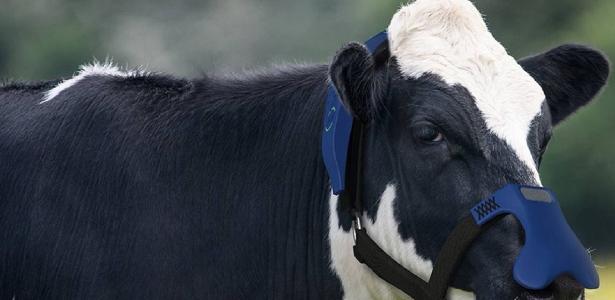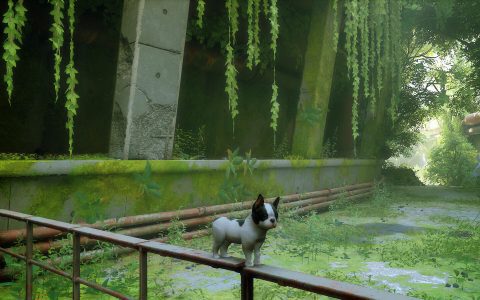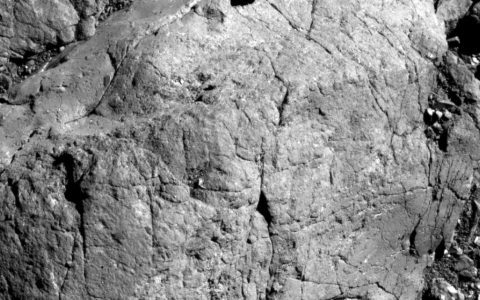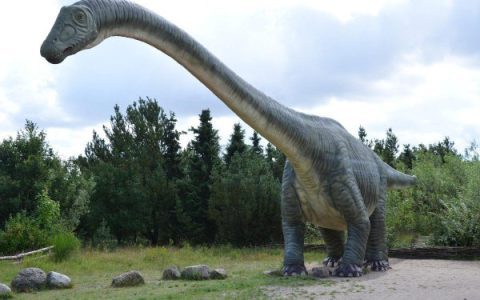
According to Norris, the material used to make the mask absorbs the burp through a chamber and turns it into carbon dioxide (CO²) and water vapor in real time. According to the company, the conversion rate is 53%. The facade uses solar energy and has a thermoelectric generator for this transformation.
Entrepreneurs ensure that technology does not stop here and also promotes animal welfare by processing behavioral and physiological data, such as monitoring of respiration and excretion, and offering data for analysis. “It is possible to trace the temperature, predict the onset of diseases, prevent outbreaks in the herd, and obtain accurate data on cattle digestion and feed conversion,” Francisco said.
With the data, the rancher can identify a more comfortable environment for the animals and conditions in which the cattle have better digestion processes and emit less gas.
According to Zelp, the mask can be used from calves for six months or so after weaning and has a shelf life of four years if well preserved. And, for now, the startup is still undergoing testing at a research center located in Belgium and at Wageningen University in the Netherlands.



